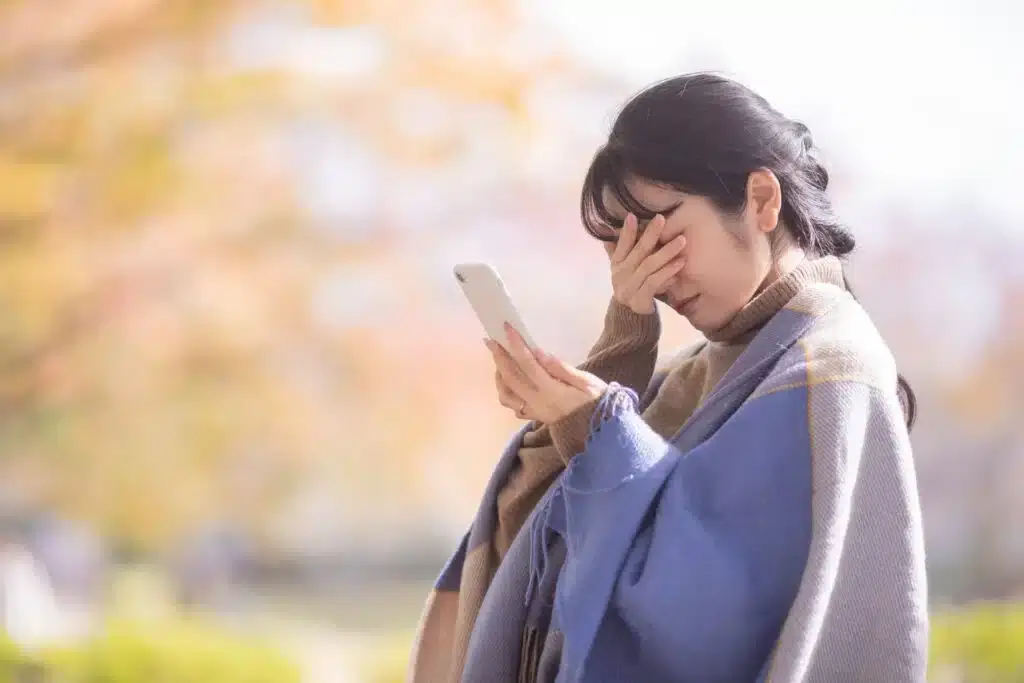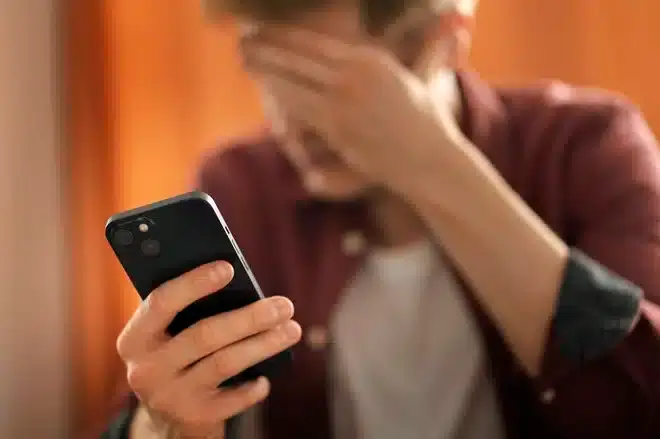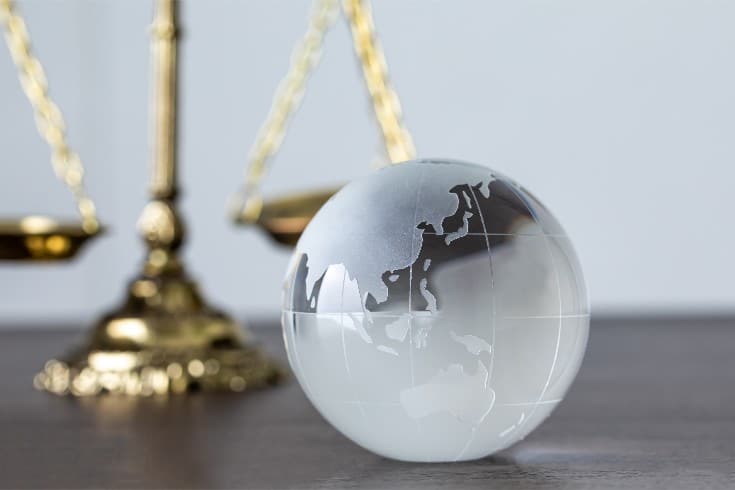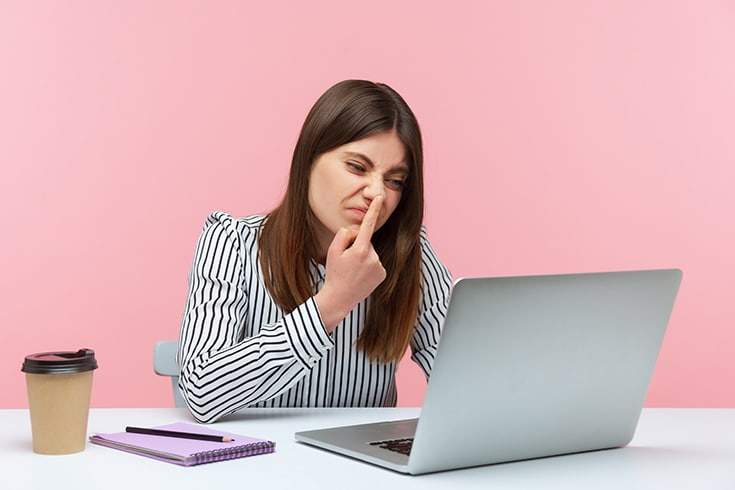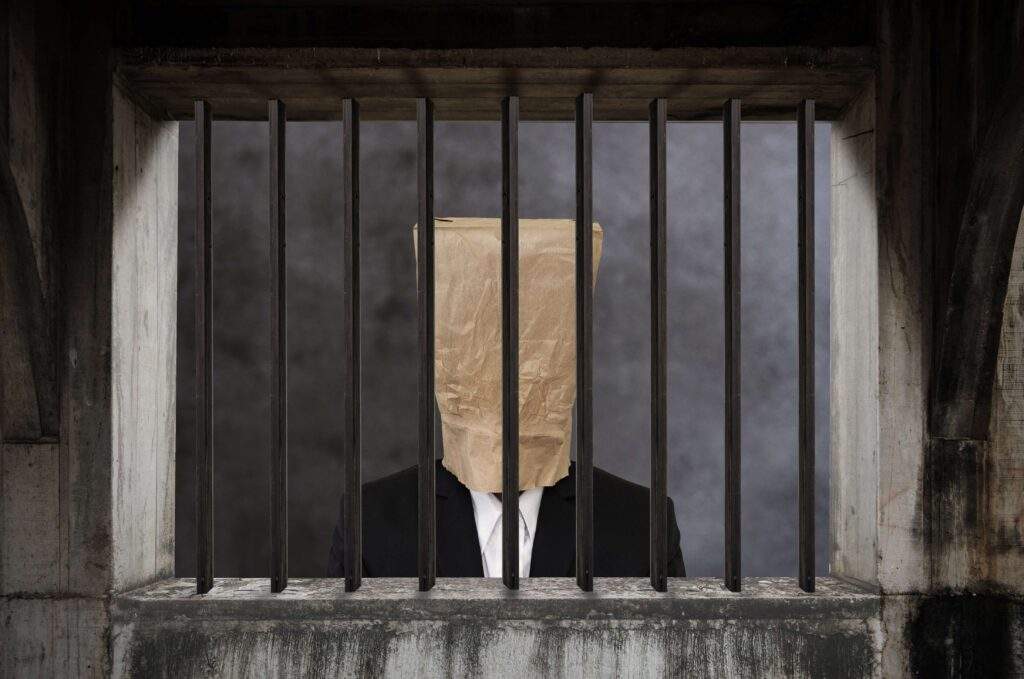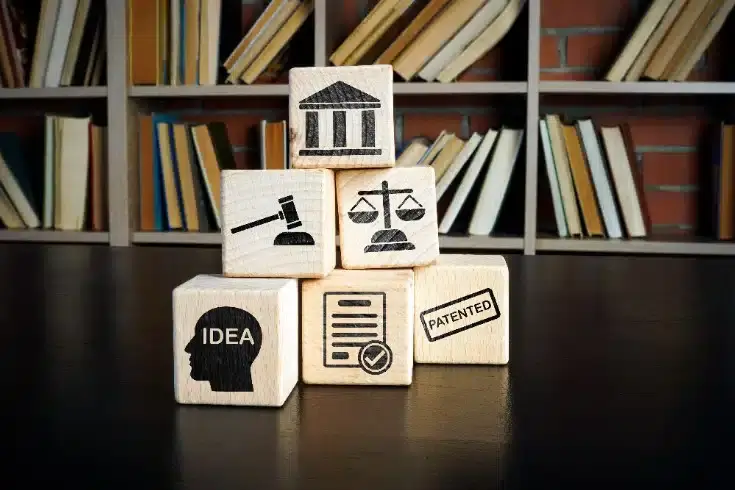Is it Okay to Link to Someone Else's Website Without Permission? A Guide to the Copyright Rules of Links

As a general rule, third parties are free to use information published on the internet. Regarding copyright, even if you link to someone else’s site, the URL itself is not a copyrighted work, and public transmission (Article 23, Paragraph 1 of the Japanese Copyright Law) or duplication (Article 21 of the same law) does not occur. Therefore, it would seem that the act of linking itself does not constitute a violation of copyright law.
So, are there any circumstances where the act of linking to someone else’s homepage would not be subject to legal liability?
Types of Links
With the widespread use of not only PCs but also smartphones for internet browsing, the manner of linking has become complex, with various methods available.
- Surface Links
- Deep Links
- Image Links
- Inline Links
- Frame Links
A Surface Link, the first type, refers to a link that is set up in a standard way on the top page of someone else’s website. Users connect to the linked site by clicking on the URL displayed on the source site, and the connection to the source site is disconnected when they connect to the linked site.
The second type, Deep Links, refers to links that are set up in a standard way not on the top page of someone else’s website, but on a lower-level webpage.
The third type, Image Links, refers to links that are set up only for specific images within someone else’s website.
The fourth type, Inline Links, refers to links that are set up so that when the source webpage is launched, the screen or files that make up the linked website are automatically sent to the user’s terminal, and the linked website is automatically displayed on the user’s terminal.
The fifth type, Frame Links, refers to links that divide the display part of the web browser into several frames and display the linked webpages corresponding to each frame.

Legal Responsibility of Linking
What kind of legal responsibility might one bear for linking to someone else’s homepage?
Links and Torts
While it is generally free for third parties to use information published on the Internet, if the information on the linked site is used for the following purposes:
- Unlawfully for one’s own benefit
- With the intention of causing harm to the linked site
And if any damage occurs, such as defamation or damage to the reputation or credit of the homepage owner due to the tort, not only could this constitute defamation under the Japanese Penal Code, but there may also be liability for tort under the Japanese Civil Code.
Links and the Japanese Unfair Competition Prevention Act
When creating links in the usual manner, such as surface links or deep links, the information on the linked site will not be displayed without the user’s action. It is believed that such actions are highly unlikely to constitute unfair competition as defined by the Japanese Unfair Competition Prevention Act.
On the other hand, when creating links using inline links or frame links, if the display of the linked site’s products, etc., is used in a way that confuses the business of the link source and the business of the link destination, or if a well-known product display is used as one’s own product display, there is a high possibility that it could constitute unfair competition.
Also, when creating a link, if false facts that harm the business reputation of another person in competition are displayed, there is a possibility that it could constitute unfair competition.

Links and the Japanese Trademark Law
When creating links in the usual manner, such as surface links or deep links, even if another person’s trademark is displayed on the linked site, it is often not considered to be using the other person’s trademark as an indication of origin. Therefore, unless the trademark of the linked company is used without permission on things like link buttons, it is generally not considered to be a trademark infringement.
On the other hand, when creating links using inline links or frame links, from the user’s perspective, it may appear as if the creator of the source webpage is using another person’s trademark on the linked site, and that the trademark is functioning as an indication of origin. Such use may be considered “use” under the Japanese Trademark Law, and if this “use” is interpreted as being related to the designated goods or services of the trademark, it may constitute trademark infringement.
Links and the Japanese Copyright Law
Linking itself does not constitute public transmission or reproduction, so neither public transmission rights infringement nor reproduction rights infringement are issues. In the individual manners of surface links, deep links, image links, frame links, and inline links, it is generally believed that copyright infringement is not an issue.
However, if a link is made to an illegal website where copyright infringement is taking place, it may exceptionally be a violation of the Japanese Copyright Law.
There was a case where a site called “Rocket News 24” linked to a video that had been illegally uploaded to Nico Nico Douga. In this case, the court ruled that linking does not constitute infringement of the right of public transmission. Furthermore, even if a link is made to copyright-infringing content, it is not considered copyright infringement if:
- It is not clear that it was uploaded without the copyright holder’s permission
- The link was immediately removed as soon as it was possible to recognize that it was an illegal site
(Osaka District Court, June 20, 2013 (Heisei 25) ruling).
Conversely,
- If you knew that it was illegally uploaded without the copyright holder’s permission
- If you continued to link even after being pointed out by the copyright holder
Linking could exceptionally be considered a violation of the Japanese Copyright Law as aiding and abetting the infringement of the right of public transmission.

Summary: It is safer to avoid linking to web pages that explicitly state No unauthorized linking
The legal issues surrounding links are not clearly defined, and various disputes have arisen over unauthorized linking.
It is safer to avoid linking to web pages that explicitly state “No unauthorized linking”, and if you must do so, you need to exercise caution.
Introduction to Our Firm’s Measures
Monolith Law Office is a legal office with high expertise in both IT, particularly the internet, and law. There are areas where legal checks are necessary when operating media. Our firm handles everything from strategic planning related to intellectual property in IT and internet-related businesses, and entertainment areas such as music and movies, to contract relationships and litigation. We also have experience and know-how in various tasks, from creating internal guidelines for companies regarding issues related to the operation of media, such as quotations, to conducting due diligence (DD) in M&A.
Category: Internet

